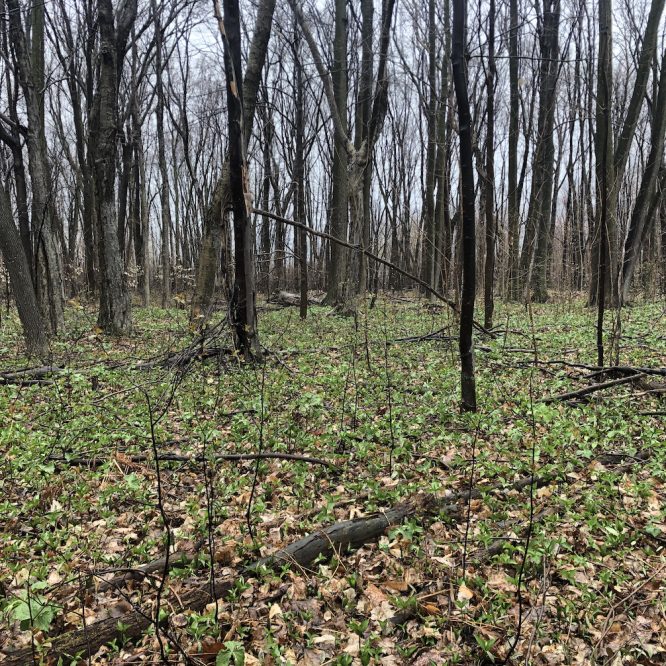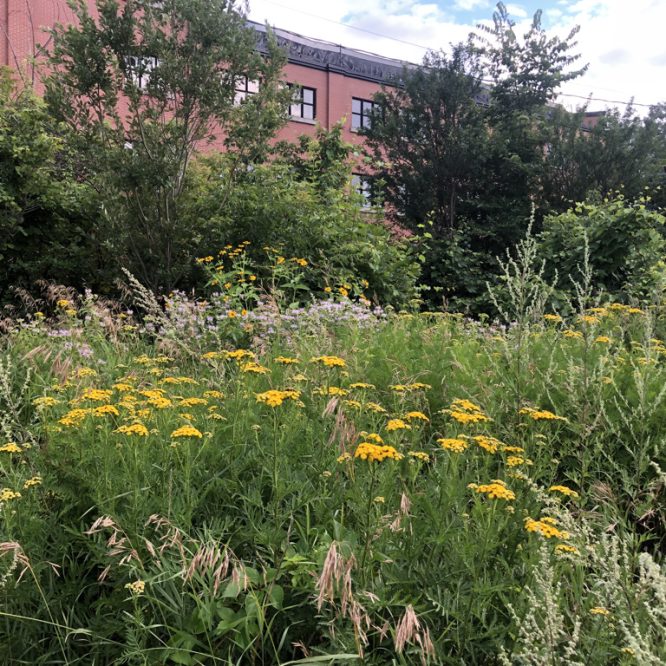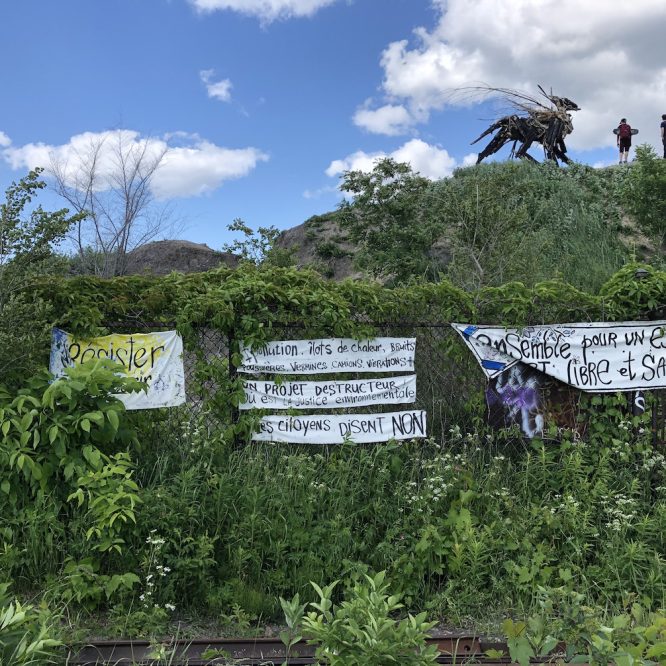
Worth Defending
Montreal’s (Extra) Ordinary Green Spaces
This project is supported by Sustainable Transitions Team Research Initiative grant from the Office of Research and by the Canada Summer Jobs program through a partnership with UrbaNature.
Listen to our first podcast
Urban residents often find value in the overgrown, seemingly neglected greenspaces that flourish in the city’s margins– along highways, in back alleys, and near heavy industry. These spaces can offer a sense of place and community, respite from the heat and bustle of the city, and even places of refuge for biodiversity. City officials and land developers see these places as ‘wastelands’ and are eager to transform them into condos, storage or other development projects that increase their financial value. In Montreal, dedicated groups of community residents and activists have fought against the development of many of these greenspaces, trying instead to preserve them as community-managed parks and commons– and in doing so, endorsing a different kind of value.
Valuing Urban Green Space is a team of interdisciplinary researchers(Amy Poteete, Emma Despland, Rebecca Tittler, Carly Ziter, and Elizabeth Miller) who work in collaboration with a range of community partners (UrbaNature Education, Les Amis du Champ des Possibles, Sauvons la Falaise, Technoparc Oiseaux, Mobilisation 6600) and urban residents. We use interdisciplinary research, art and education to redefine the “value” of four informal urban green spaces in Montreal: Falaise St. Jacques, Technoparc, Champ des Possibles, Boisé Vimont. The research question that guides are process is: “How might we work together to enhance biodiversity, community, social inclusion, education and climate resilience in these wild spaces? ”
Listen to our first podcast about our process.
WasteScapes was created by students and faculty at Concordia University in Tioh:tiáke/ Montréal with additional support from a Social Sciences & Humanities Research Council, Connection Grant




